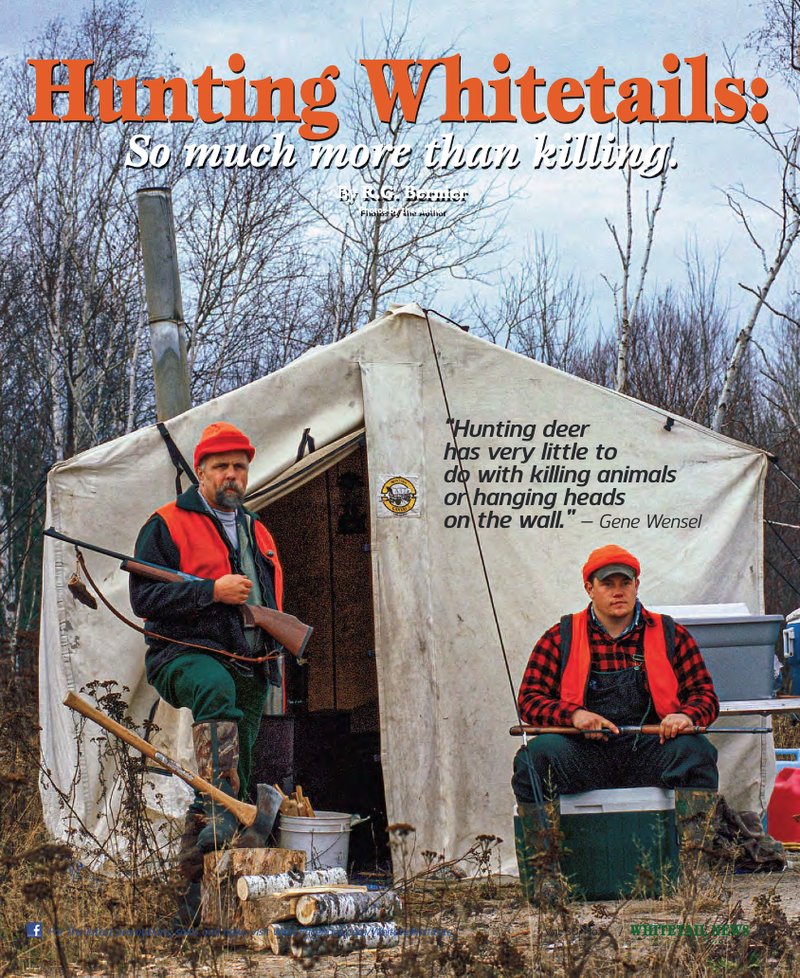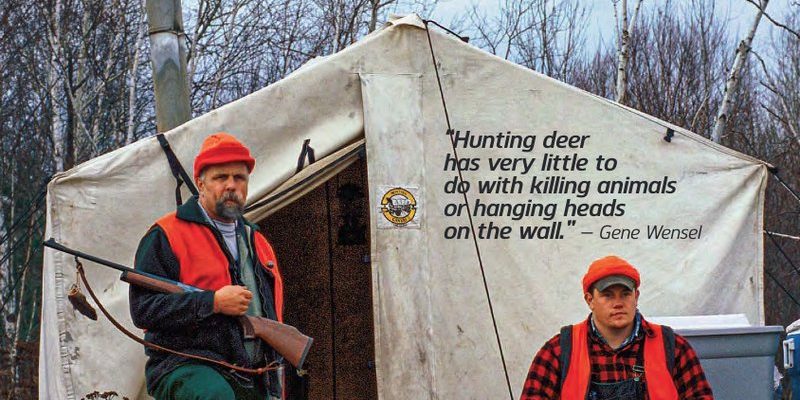
What Do Vultures Eat?
Vultures are primarily scavengers, meaning their diet mainly consists of dead animals. This might sound a bit gross, but it’s actually quite impressive. Here’s the thing: vultures have evolved to thrive on carrion, which is what we call decaying animal flesh. Their bodies are specially designed to handle bacteria and toxins that come with eating decomposed meat.
Some common meals for vultures include:
- Roadkill—animals that have been struck by vehicles
- Animal carcasses found in the wild, such as deer and cattle
- Fish, especially for species that live near water
- Remains left behind by larger predators like lions or wolves
What makes vultures unique is their ability to digest this rotting meat without getting sick. Their stomachs are highly acidic, allowing them to break down harmful pathogens. This ability not only keeps them alive but also helps prevent the spread of diseases in the environment.
Hunting Strategies of Vultures
You might think vultures just stumble upon their meals by luck, but they actually have some pretty clever hunting strategies. Vultures use their keen eyesight to spot potential food sources. They can see for miles, allowing them to spot carcasses from high in the sky. This sharp vision is often compared to that of a hawk, giving them an advantage when searching for food.
Once they find a meal, vultures often rely on a few methods to gather around their feast:
- **Teamwork:** Vultures often hunt in groups. When one bird spots a meal, it will call out to others. This calls in a squad of hungry vultures, increasing their chances of finding food.
- **Patience:** Vultures are also incredibly patient. They’ll circle overhead, waiting for other scavengers, like coyotes or hyenas, to tear open a carcass, making it easier for them to dive in and eat.
- **Social cues:** Sometimes, vultures can sense when other animals are feeding. This instinct leads them to areas where food is likely present, even if they can’t see it yet.
This teamwork and patience make vultures effective scavengers. They know that good things come to those who wait—even when it means hanging out in the sky for a while.
The Role of Vultures in the Ecosystem
Let’s talk about why vultures matter so much. You might be wondering, “What’s the big deal with vultures?” The truth is, they play a crucial role in maintaining a healthy ecosystem. By consuming dead animals, they help control the spread of disease. Without vultures, carcasses would linger in the environment longer, leading to potential health risks for humans and other animals.
Consider this: a pair of vultures can eat over 1,000 pounds of rotting meat in a year. That’s a lot of decay cleared from the landscape! Their presence promotes sanitation in the wild, which benefits various other species. In other words, vultures are like the cleanup crew of nature, ensuring that the environment stays balanced and healthy.
Types of Vultures and Their Dietary Preferences
Not all vultures are the same; different species have varying dietary preferences. Let’s break down a few common types:
- Turkey Vultures: These are the classic scavengers we often see in North America. They prefer larger carcasses, often dining on deer or cattle, but will eat smaller animals too.
- Griffon Vultures: Found in Europe and Asia, these vultures also enjoy larger meals. They have a special knack for locating carcasses at great heights, thanks to their exceptional eyesight.
- Black Vultures: With a more aggressive approach, these vultures often compete with turkey vultures for food. They tend to feed on smaller animals and are known for their bold behavior.
By adapting their diets and hunting strategies based on their environment, these species can successfully thrive in various habitats.
Challenges Faced by Vultures
Despite their importance, vultures face several challenges today. Habitat loss, poisoning, and hunting are some of the biggest threats. In many regions, vultures are killed due to misconceptions that they are harmful. The reality is quite the opposite: they’re vital for keeping our ecosystems in check.
Poisoning is another significant risk. In some places, farmers use poison to kill livestock predators. Unfortunately, vultures ingest these toxins when they eat the poisoned carcasses, leading to population declines.
Here’s the thing: by protecting vultures, we’re not just helping a single species; we’re maintaining a healthier environment for all wildlife, including ourselves.
Conservation Efforts for Vultures
So, what’s being done to protect these incredible birds? Conservationists and wildlife organizations are stepping up to help vultures thrive. This includes:
- **Education:** Teaching people about the importance of vultures and dispelling myths surrounding them.
- **Habitat protection:** Preserving natural habitats that support vulture populations.
- **Legal protections:** Implementing laws that safeguard vultures from hunting and poisoning.
These efforts are crucial to ensuring that vultures continue their essential role in ecosystems. By raising awareness and taking action, we can help keep these remarkable birds soaring in our skies.
Vultures are far more than nature’s grim reapers. They’re important scavengers, adapting their hunting strategies and diet to thrive in various environments. Through their roles, they help maintain ecological balance and prevent the spread of disease. By understanding and appreciating these unique birds, we can make better choices to protect them and the vital work they do. So, next time you see a vulture circling overhead, remember: they’re not just looking for a meal—they’re part of the intricate web of life that supports our planet. Let’s strive to keep them flying high for many years to come.

